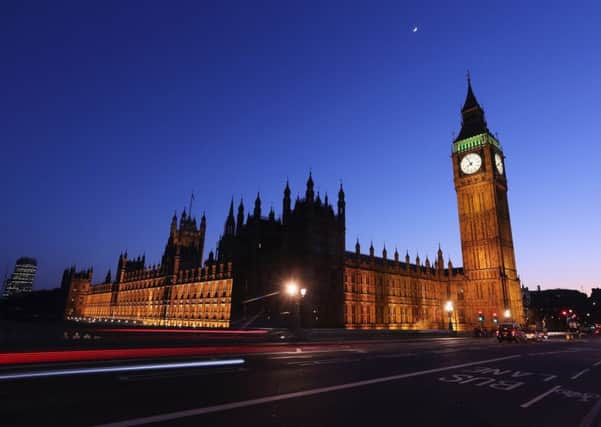Domestic violence killings hit five-year high, new figures show


Data obtained by the BBC from 43 police forces across the UK reveal that 173 people died in domestic violence-related homicides last year.
The statistics, reported yesterday, show there were 165 domestic killings in 2014, 160 in 2015, 139 in 2016 and 141 in 2017.
Advertisement
Hide AdAdvertisement
Hide AdThe new data emerged after Prime Minister Boris Johnson pledged to reintroduce domestic abuse legislation in the next Queen’s Speech.
Mr Johnson tweeted on Thursday: “Domestic abuse shatters lives and tears families apart.
“We are fully committed to tackling this horrific crime – which is why the Queen’s Speech will confirm we will be reintroducing domestic abuse legislation in the next session.”
Sir James Munby, former president of the Family Division of the High Court of England and Wales, has called for the Domestic Abuse Bill to be brought back before Parliament.
He told BBC Radio 4’s Today programme on thursday: “This is a vitally important Bill, tackling what everyone agrees is a very great social evil. It is immensely depressing nothing effective has been done to get this necessary reform through Parliament.”
Sir James added: “The bill must be reintroduced in Parliament as soon as the next session starts.
“It must then be pursued to the earliest possible conclusion of the parliamentary process with determination, vigour and a real sense of urgent commitment on the part of government.
“What the Prime Minister does or not will be a vital litmus test of his real commitment to safeguarding those in our society who are vulnerable, disadvantaged and oppressed.”
Advertisement
Hide AdAdvertisement
Hide AdThe Domestic Abuse Bill was introduced in Parliament in July.
The proposals would give better protection to those fleeing violence by placing a new legal duty on councils to provide secure homes for them and their children.
It would also introduce the first legal government definition of domestic abuse, which would include economic abuse and controlling and manipulative non-physical behaviour.
A row erupted earlier this month over former prime minister Theresa May’s decision to honour her favourite cricketer, Sir Geoffrey Boycott, who was was convicted in France in 1998 of beating up his then girlfriend in a Riviera hotel.
While campaigners said it was sending a “dangerous message” that “domestic abuse is not taken seriously as a crime”, Sir Geoffrey said he “couldn’t give a toss” about criticism of his knighthood.